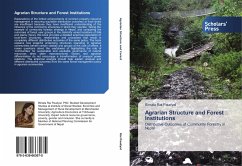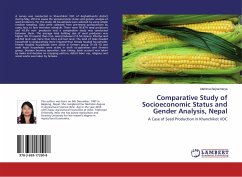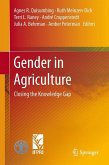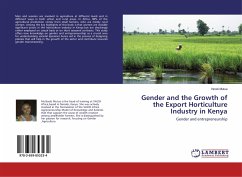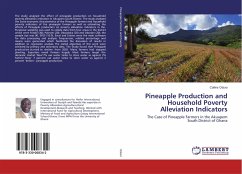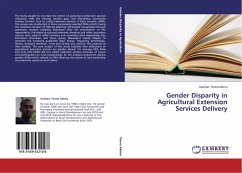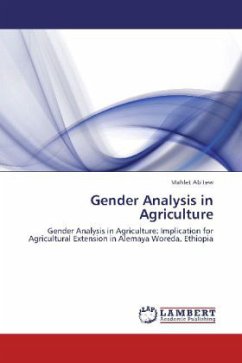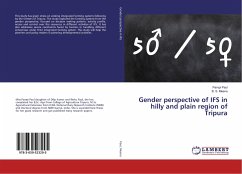Explanations of the limited achievements of common property resource management in securing equitable distributive outcomes at local levels are insufficient because they have insufficient understanding of the influence of the community structures in which they operate. Taking the example of community forestry strategy in Nepal, and comparing the outcomes of forest user groups in the distinctly varied locations of hills and plains (Terai), this book provides a detailed empirical exploration of local-level structures, relationships and processes that result in completely different distributive outcomes of the same policy. The book explains how powerful underlying structures operating in agrarian communities benefit certain classes and groups at the cost of others. It raises questions about the usefulness of highlighting the role of communities for sustainable and equitable governance of natural resources when wider macroeconomic factors and agrarian differentiation do not encouragea transformation of unequal power relations. The empirical analysis should help explain unequal and different distributive outcomes from the same forest management policy in agrarian communities.
Bitte wählen Sie Ihr Anliegen aus.
Rechnungen
Retourenschein anfordern
Bestellstatus
Storno

